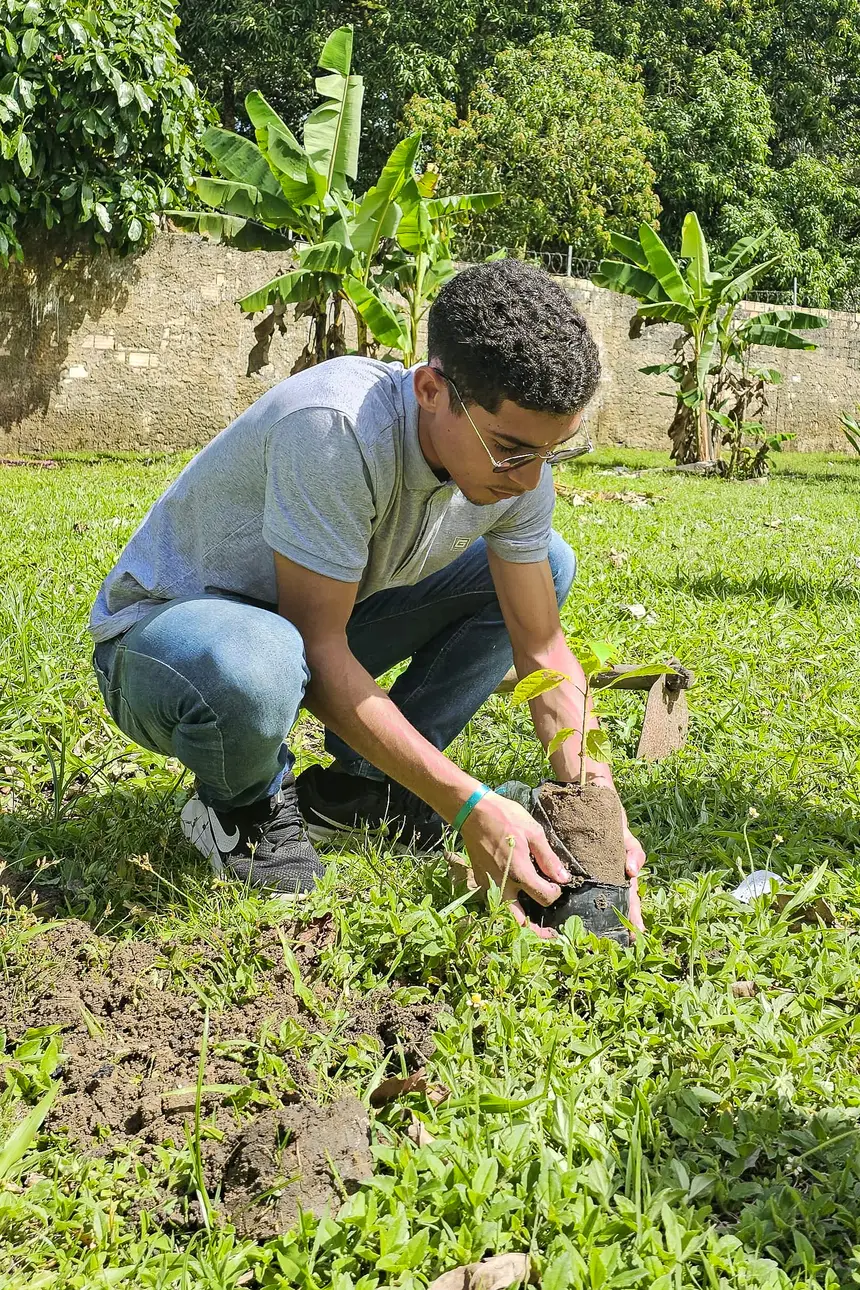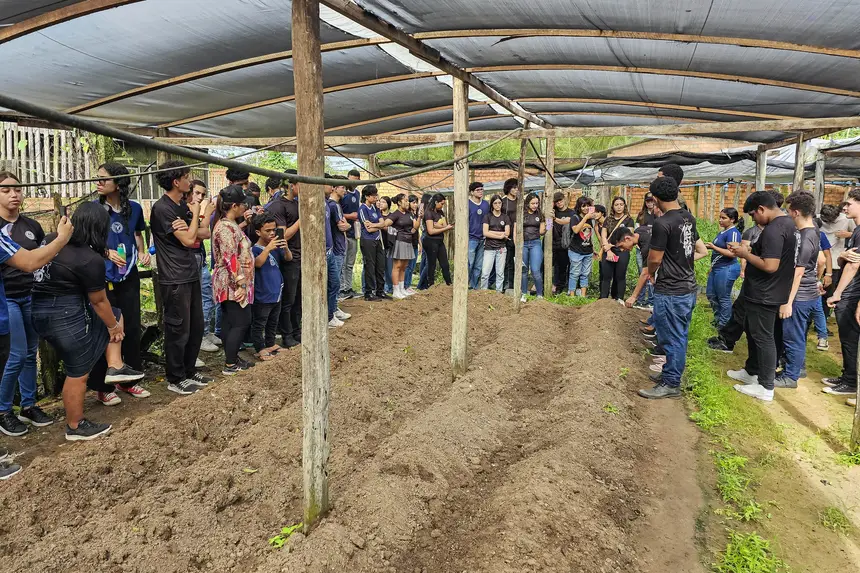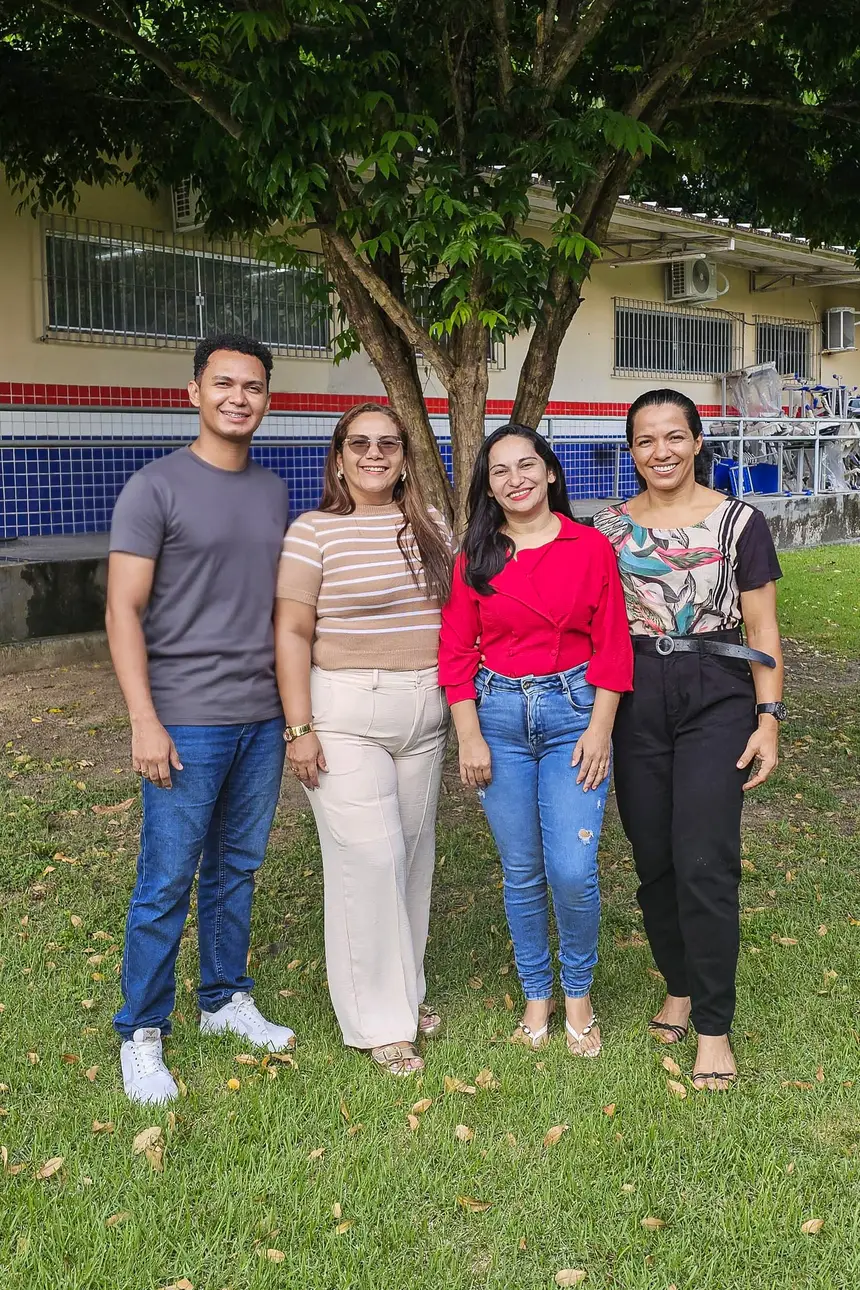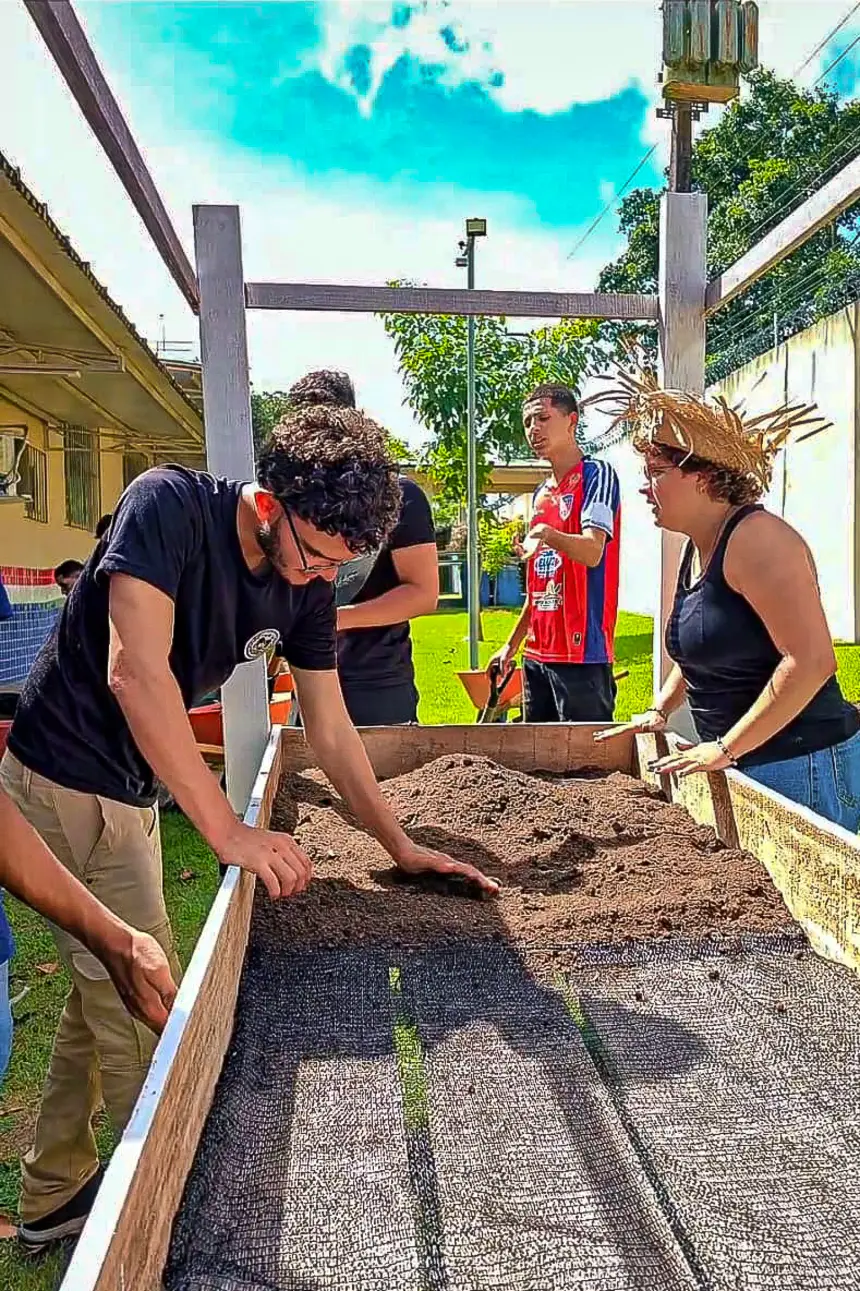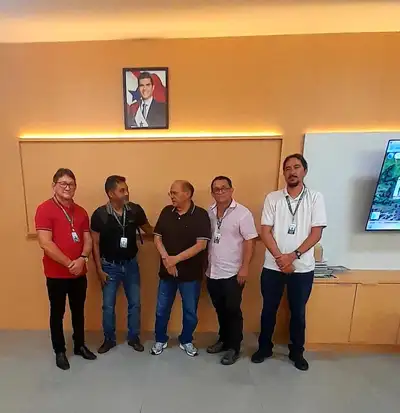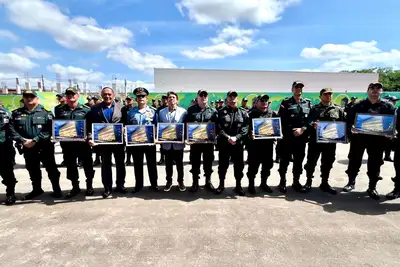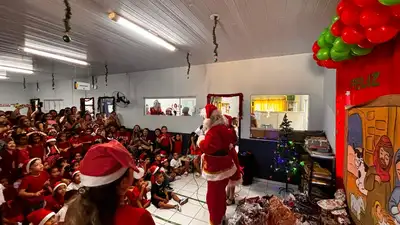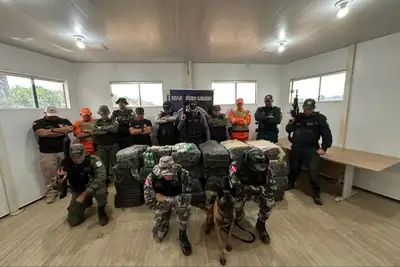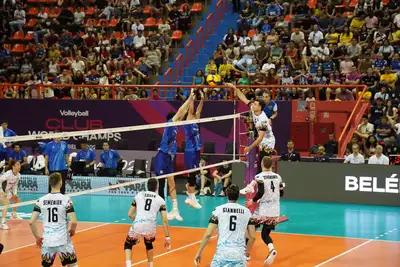State schools in Pará are semifinalists in national innovation and science award
Students from Santo Antônio do Tauá and Capitão Poço have put the state in the spotlight with projects that combine student leadership, innovation, and sustainability
Student leadership, innovation, and sustainability are part of the daily life of schools in the Pará state education network, and with so much work and commitment, the results are noticeable. This time, the network celebrates another achievement: two state schools have advanced to the semifinals of the Liga STEAM 2025 Award, one of the most prestigious national competitions in science, technology, and innovation. This year, the competition's theme was “Education and Sociobiodiversity: Living Cultures, Sustainable Communities,” which challenged educators to create creative solutions to balance sustainable development with respect for local cultures.
With projects that combine sustainability, youth leadership, and technology, students from the full-time schools Celso Rodrigues, in Santo Antônio do Tauá, in the Guamá Integration Region; and Padre Vitaliano Maria Vari, in Capitão Poço, in the Capim River Integration Region; have put Pará in the spotlight.
Developed by students in the 2nd year of high school, the project "Horta Pai D’égua: technology and sustainability sprouting in the Amazonian school,” from the Celso Rodrigues State School, combines technical ingenuity and environmental awareness. Using a mini wind turbine made from scrap, water collected from air conditioning condensation, and an Arduino board (which automatically regulates irrigation), the team of students, coordinated by Physics teacher Fábio Ferreira, developed a functional system that combats waste and stimulates sustainable production within the school.
"What we see is the transition from awareness to concrete action. Last year, we identified the problem; this year, we are building and documenting a replicable solution," said teacher Fábio Jorge. "The leadership is entirely from the students. They are not just learning Physics, Chemistry, or Biology; they are becoming engineers, system designers, and communicators of the very science they produce. It is a transformation in the way of learning and seeing oneself in the world,” he added.
More than a school project, the "Horta Pai D'égua" functions as a replicable prototype and will be one of the highlights of the team's communication plan: a simplified manual aimed at other public schools is in development. As the teacher explains.
“The team's ambition, however, transcends the award. The project's communication plan includes the creation of a "Simplified 'How To' Manual, aimed at disseminating the technology to other schools. The 'Horta Pai D'égua' (a local expression for something fantastic) fulfills its promise: it seeks not to be just an island of excellence but a seed of innovation, ready to be planted throughout the Amazon and beyond. It is the new bioeconomy being born, not in a cutting-edge research laboratory, but in the courtyard of a public school,” emphasized teacher Fábio Jorge.
Another highlight in the semifinals of the Liga STEAM 2025 Award is the project “EcoPV: cultivating the future through school sustainability,” developed by students from the 3rd year of high school at the Padre Vitaliano Maria Vari State School, in Capitão Poço.
Under the coordination of Physics and Environmental Education teacher Heitor Wilker, the initiative arose from Environmental Education classes, which utilized the STEAM approach — a methodology that seeks to solve real community problems by integrating various disciplines such as Chemistry, Physics, Biology, Mathematics, and engineering.
Initially, the students began by developing a diagnosis of the school environment and local challenges, such as wildfires during the dry season and flooding in the Amazon winter. According to the responsible teacher, from this active listening, the students proposed various actions, including the creation of a school garden that could serve as an example of sustainability, in addition to contributing to the supply of school meals. Divided into groups, the young people went through the ideation process to turn ideas into practical solutions.
“EcoPV reinforces the importance of youth leadership and interdisciplinarity in addressing local environmental challenges, showing that innovation can sprout from everyday experience. In light of the research conducted, these problems presented, I asked the students, which is one of the steps of the STEAM approach, how we could minimize these environmental problems at school and be an example of sustainability for other students and the surrounding community. And then, during this listening process, the students presented various possibilities, campaigns, video production, and workshops,” explained teacher Heitor Wilker.
For student Bianca Moraes, who is part of the project, the result is gratifying. “It is a great honor to know that, among more than 500 registered projects, we are semifinalists. It is an important achievement for our school and for our city. I hope that with this we can inspire future generations of students, not only from our school but from all around the region, so that in the future we can bring more attention to this issue,” she commented.
For student Rita Aguiar, the Environmental Education curriculum component makes a total difference and provides a new perspective on the role of students in actions and debates about sustainability. “Environmental Education is a way to learn about the environment in general, how to take care of nature, the issue of wildfires, how to prevent them, what to do. It does not only address gardening but climate issues in general, and that is very important,” she highlighted.
Next steps - After the submission of implementation reports of the projects in schools and sending audiovisual records, the projects will undergo evaluation to select the 10 finalists in each category. The list of finalists will be announced on October 15. The presentation and award of the winning projects will be on November 3.
The award - The National Liga STEAM Award is an initiative of the ArcelorMittal Foundation, with technical consultancy from Tríade Educacional, which recognizes and values the implementation of the STEAM approach (Science, Technology, Engineering, Arts, and Mathematics) in Brazilian public schools. Launched in 2022, the goal is to encourage the development of STEAM projects in the classroom, allowing teachers and students to create possible solutions on relevant societal issues, focusing on sustainability and environmental education.


